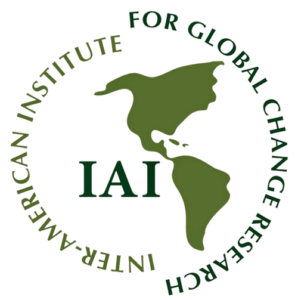The lack of information on the nitrogen cycle in Latin America is a serious impediment to the ability to evaluate and project how human activity is altering nitrogen pools and turnover at regional and global scales. Empirical measurements of N deposition or processes are scarce and data lack spatial distribution information. This project will develop a Nitrogen Human Environment Network (Nnet) to examine human impact on natural and modified ecosystems across a wide range of climates. Direct measurements and regional modeling will contribute to a greater understanding of how nitrogen excess or shortage affect ecosystem processes and biodiversity. The project will review across several study sites distributed along regional precipitation gradients, and defined according to physiographic and socio-economic attributes, the following inputs: Natural-BNF and cultivation induced-BNF, fertilizer use, atmospheric deposition; and outputs: Net exports of agricultural products at regional level and estimates at site scale of gaseous emissions from land use (fertilizer volatilization, biogenic soil emissions and burning), export of N to groundwater and surface waste (domestic, agricultural and industrial). Local information will be scaled up by modeling regional-level nitrogen atmospheric deposition, atmospheric chemistry and transport. The regional modeling will feed to global models, enhancing understanding of global patterns of alterations to the nitrogen cycle. The social component will examine drivers of land use change and nitrogen utilization at local and regional levels analyzing the international and domestic forcing of those drivers (e.g., bioenergy, beef, soy production).
Coordinator: Austin, A. T
Members: Mercedes Bustamante, Gabriela B. Nardoto, Luiz Antonio Martinelli, Jean Pierre Henry, Balbaud Ometto, Ascarrunz, N. L. and Jaramillo, Víctor.

